Do you dream of learning how to start homesteading? Whether you’re looking to homestead in the city, in an urban setting, or farming is old hat to you, it doesn’t matter where you are on your journey. We all have to start somewhere. The captivating homesteading journey doesn’t truly finish until we leave this world! We offer our best practical tips from over 50 years of experience to help you begin and sustain your homesteading life.
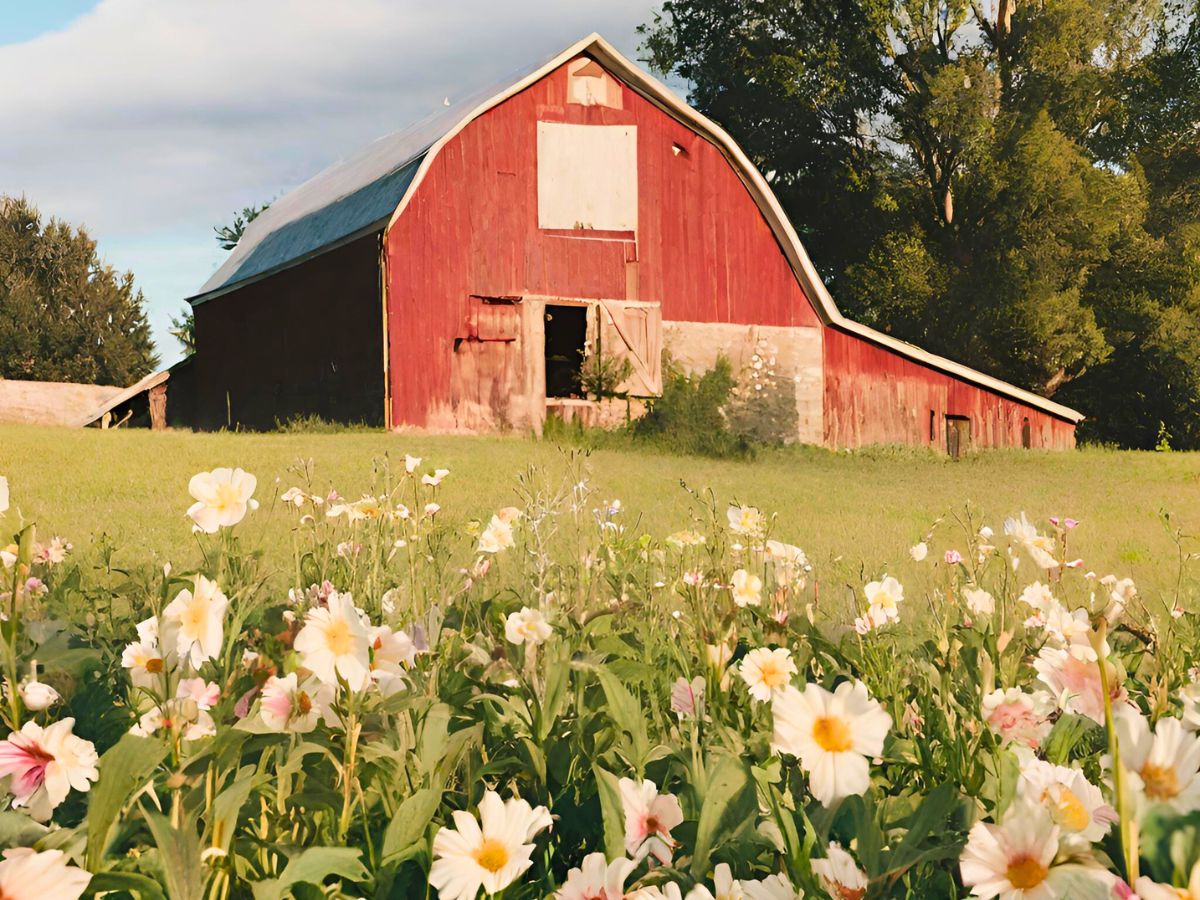
How to Start Homesteading
Over the years, we’ve learned that balance and perspective are crucial for success in homesteading and life in general. We are often asked for advice on how to start homesteading by new homesteaders or those who are considering the lifestyle. Often they start their journey with unrealistic expectations or unbalanced ideas.
We emphasize the principle of “all things in moderation,” teaching the importance of recognizing that your homesteading journey is unique. While certain foundational aspects are common across all homesteads, it’s ultimately up to you to define your goals and the path to achieving them. Your decisions will shape the direction you and your family take on this journey.
Our Tips for Your Success
1) Recognize the Realities
We’re careful to counsel those embarking on their homestead journey that it will require a clear vision and a steadfast heart. Achieving your dream of a self-sustaining life involves diligent planning, significant sacrifices, and, inevitably, some stumbling blocks.
Despite the nervous nights, slews of sweat, and even some blood and tears that may come with homesteading, don’t lose heart! Each challenge you face is not just an obstacle but a stepping stone towards greater rewards. For every hard moment, there are countless delightful advantages to this lifestyle. Here are some of the top benefits that come to mind:
- Self-Sustaining There’s an incomparable satisfaction in knowing you can sustain yourself. Every task adds to this fulfillment, from growing your own food to fixing your home.
- Transparency in Food Sources: Understanding precisely where your food comes from, what kind of life it lived, and how it was processed, and ensuring your food is free from unwanted chemicals or GMOs can bring great peace of mind. You can learn more about GMOs in our companion articles.
- Reward of Labor: The physical work might be tough, but seeing the results of your efforts—from a newly built chicken coop to a well-tended garden—is incredibly rewarding.
- Ethical Food Processing: Knowing exactly how your animals are treated and how crops are processed allows you to stand by your products with pride.
- Independence and Peace: With each task you learn, you gain a new skill and more independence, which can be profoundly liberating.
- Continuous Learning: Every day brings a new skill to master, from canning and preserving to basic veterinary care.
- Privacy: If your homestead is spread over a few acres, you’ll enjoy solitude and the privacy that comes with it, a rare commodity nowadays.
- Life’s Miracles: Witnessing the birth of animals on your farm brings a special kind of excitement and joy, reminding us of the cycle of life, the wonders of nature, and our connection to it.
This list could go on, as the benefits of homesteading are as vast as the land you might cultivate but I’m sure you get the picture.
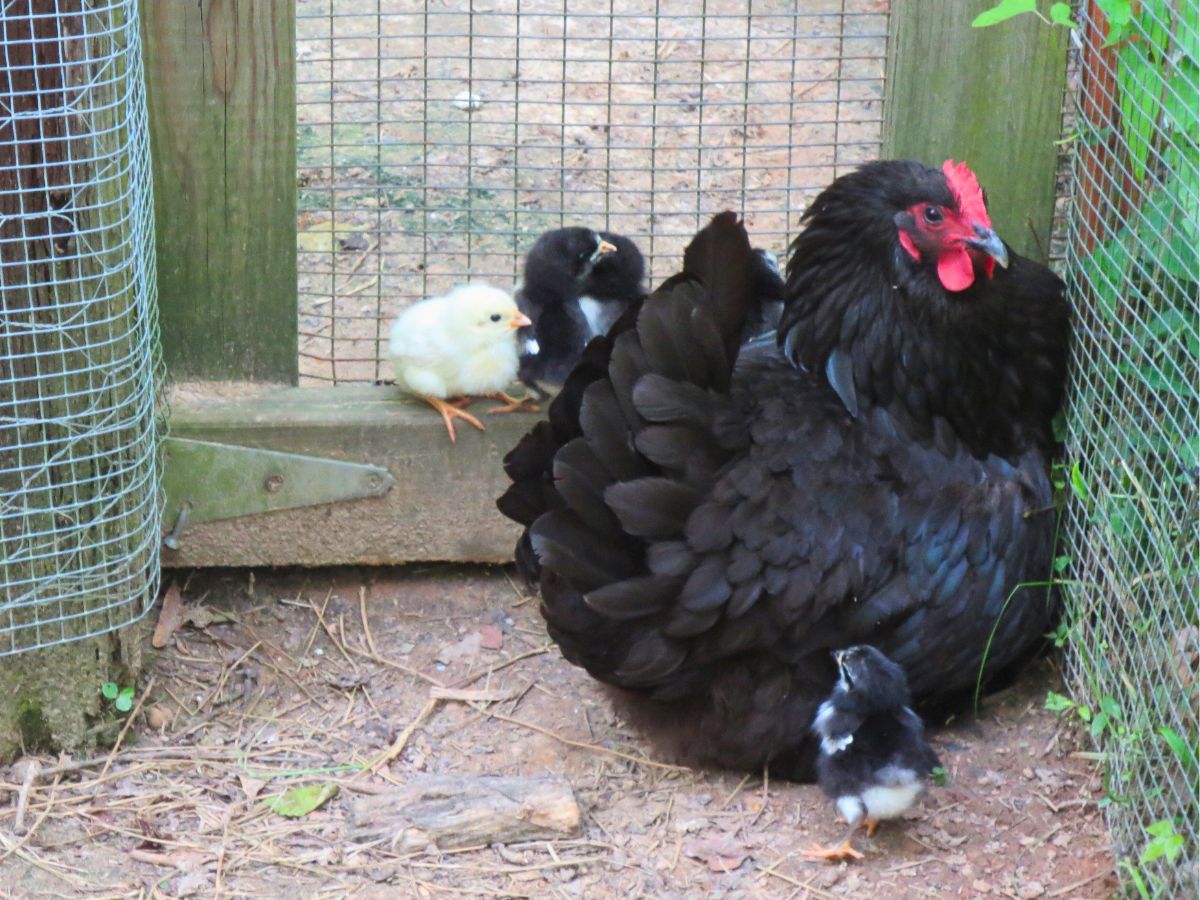
2) Set your destination
Dream big and step forward without fear—take it one step at a time. When my kids were little, we had a saying that stuck with us: “By the yard it’s hard, but by the inch, it’s a cinch!”
Are you planning to start where you are, or will you move to a new place right away? As you establish your goals, it’s vital to be realistic. Set your short-term goals first, then allow yourself to dream bigger and map out a route to achieve your long-term aspirations.
Often, the hardest step in any endeavor is overcoming initial fears. Don’t wait until you think you know enough or everything is perfect to get started. Waiting for the perfect moment can indefinitely delay your dreams. Instead, take the first step, no matter how small it may seem.
Everyone starts somewhere. Begin right where you are, even if it’s with something small like a couple of chickens, and then expand your efforts gradually. Our companion post explains why we are sustainable chicken keepers.
Consider what you enjoy eating and start growing that. If you’re new to gardening, small raised beds or container gardens can be a great way to begin. Finding a mentor—maybe a family member, a friend, or a local farmer- is also helpful. Most experienced farmers or homesteaders are usually eager to share their knowledge with those keen to learn. After all, who would pass up an extra pair of willing hands?
We have a large and ever-growing number of gardening articles to help you grow organic produce in healthy, living soil. Visit our garden section to learn more.
3) Things Happen – Daily
Over our second cup of morning coffee, my husband and I discuss our daily plans, outlining what we hope to accomplish. Yet, not a day passes without something arising that shifts our priorities. This has taught us an invaluable lesson: flexibility isn’t just a useful trait—it’s essential for successful homesteading.
Flexibility means more than just adjusting your day-to-day tasks; it involves a broader capacity to adapt your long-term plans as circumstances evolve. Whether it’s unexpected weather changes, livestock needs, or garden issues, the ability to pivot and rethink your approach on the fly quickly becomes second nature. Embracing this flexibility can make the difference between frustration and fulfillment in the unpredictable world of homesteading.
Learning to adjust on the fly isn’t just about coping; it’s about thriving by making informed, agile decisions that keep your homestead running smoothly despite the inevitable surprises. This skill, honed over cups of morning coffee and days filled with unexpected challenges, is what makes homesteaders resilient and their farms successful.
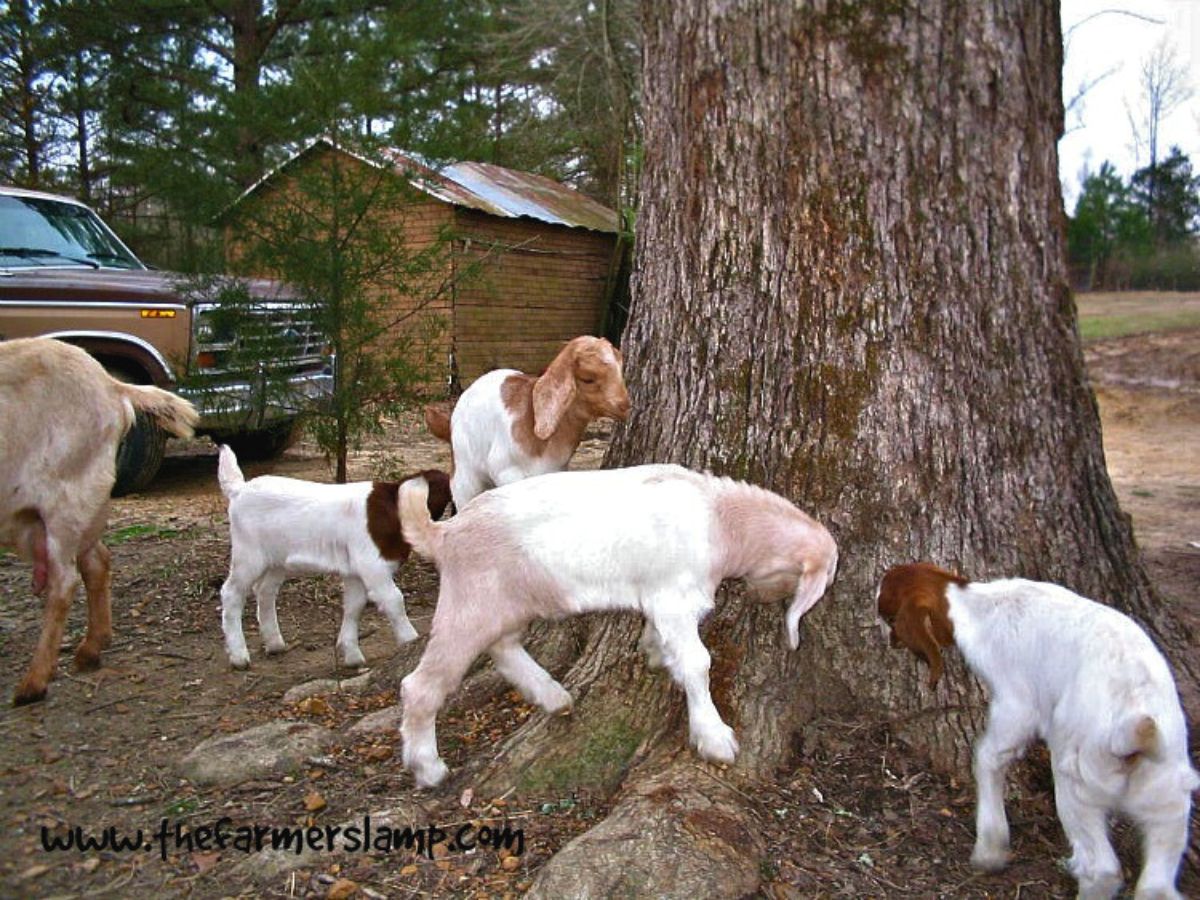
4) Learn and Grow
Despite being born and raised on a farm, I’m the first to admit that I don’t know everything. Each day brings new lessons as we try innovative approaches and sometimes fail. It’s important to remember that failure is not the enemy here; fear is. Faith and fear cannot coexist; they are fundamentally opposed to each other.
Failure isn’t just a setback—it’s a vital opportunity to stretch our capabilities, secure new skills, earn experience, and foster growth. Things are often beyond our control, and even the most tried-and-true methods can sometimes lead to unexpected outcomes. The key is to learn from each failure and move forward.
Embrace these moments as chances to push past your fears and strive towards success. Each challenge we overcome on the farm strengthens our resolve and deepens our knowledge, preparing us for whatever comes next.
5) No Shame in Asking
When I was a little girl, many moons ago, my inquisitive nature was well-known. My curiosity was so infamous that my chemistry teacher created a lab safety character inspired by me. She named her “Wanda What,” playing on my habit of asking, “What happens when…?” This led to more than one memorable incident in the lab.
There were times when I was told I asked too many questions, which made me feel as though something was wrong with that. However, my grandfather, who always used my full name, told me something that still sticks with me. He would say, “Rhonda Lynn, the only stupid question is the one you already know the answer to.”
He was right, as he usually was, and his words have guided me ever since. So, never worry about what others think of your curiosity. If you’re in doubt, find out. Keep asking questions—just ask my husband, and he’ll tell you I still do!
You can listen to and read some of my grandparents’ stories in their own words in our Voices of Heritage series.
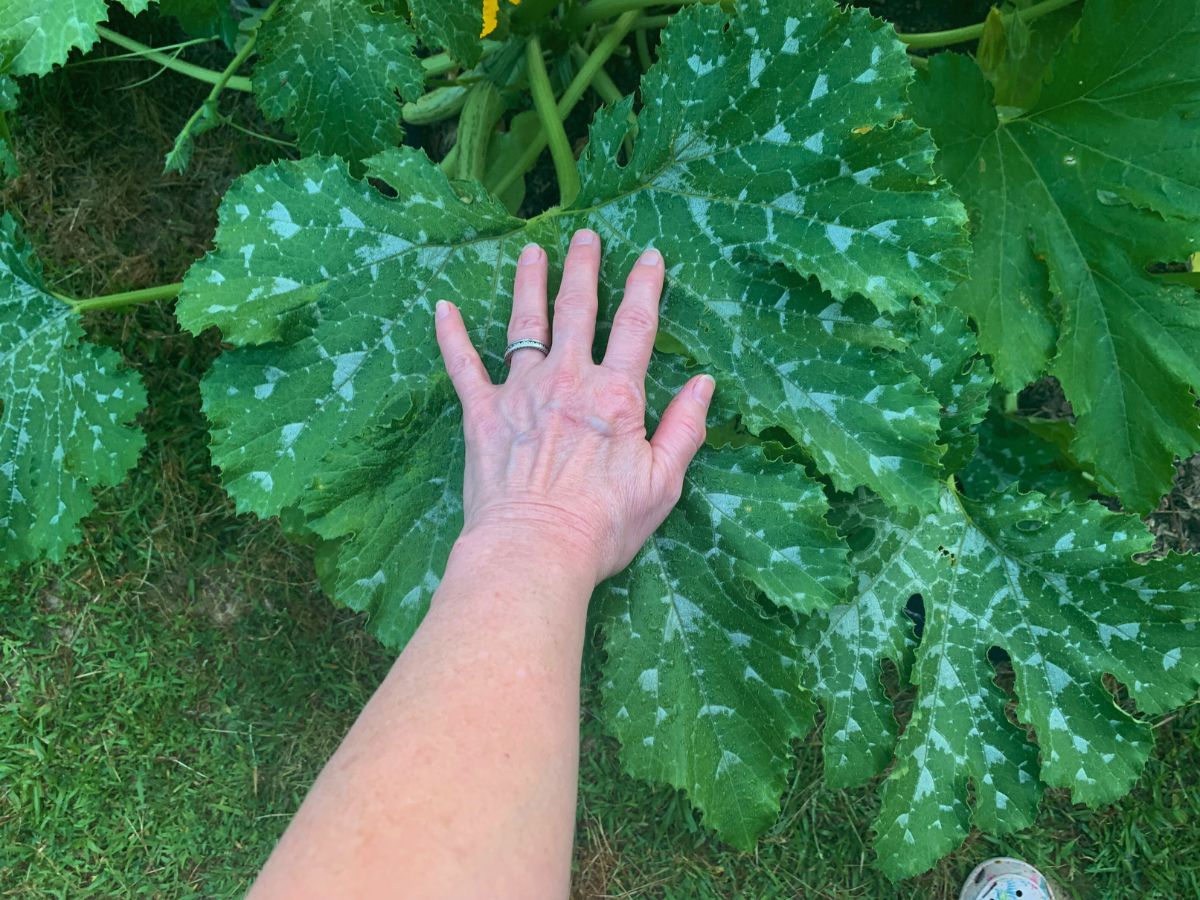
6) Only You Can Decide
You and your family have unique reasons for choosing a self-sustaining lifestyle. Only you fully understand your own desires, direction, and design. While it’s wise to seek advice from trusted, experienced advisers, remember that the final decision on what best suits your needs and aligns with your goals is yours alone.
As Proverbs 11:14 reminds us, “Where no counsel is, the people fall: but in the multitude of counselors there is safety.” This underscores the value of gathering diverse opinions; however, it’s crucial to ensure that these suggestions support your vision rather than conforming to what others expect of you.
My Papa always said, “There’s as many ways of gettin’ a farm job done as there’s farmers. Ya gotta be willing to listen, help, and learn from ‘em, even if it’s just to see what not to do.” This philosophy has guided me well, encouraging a willingness to learn from others while forging our own path.
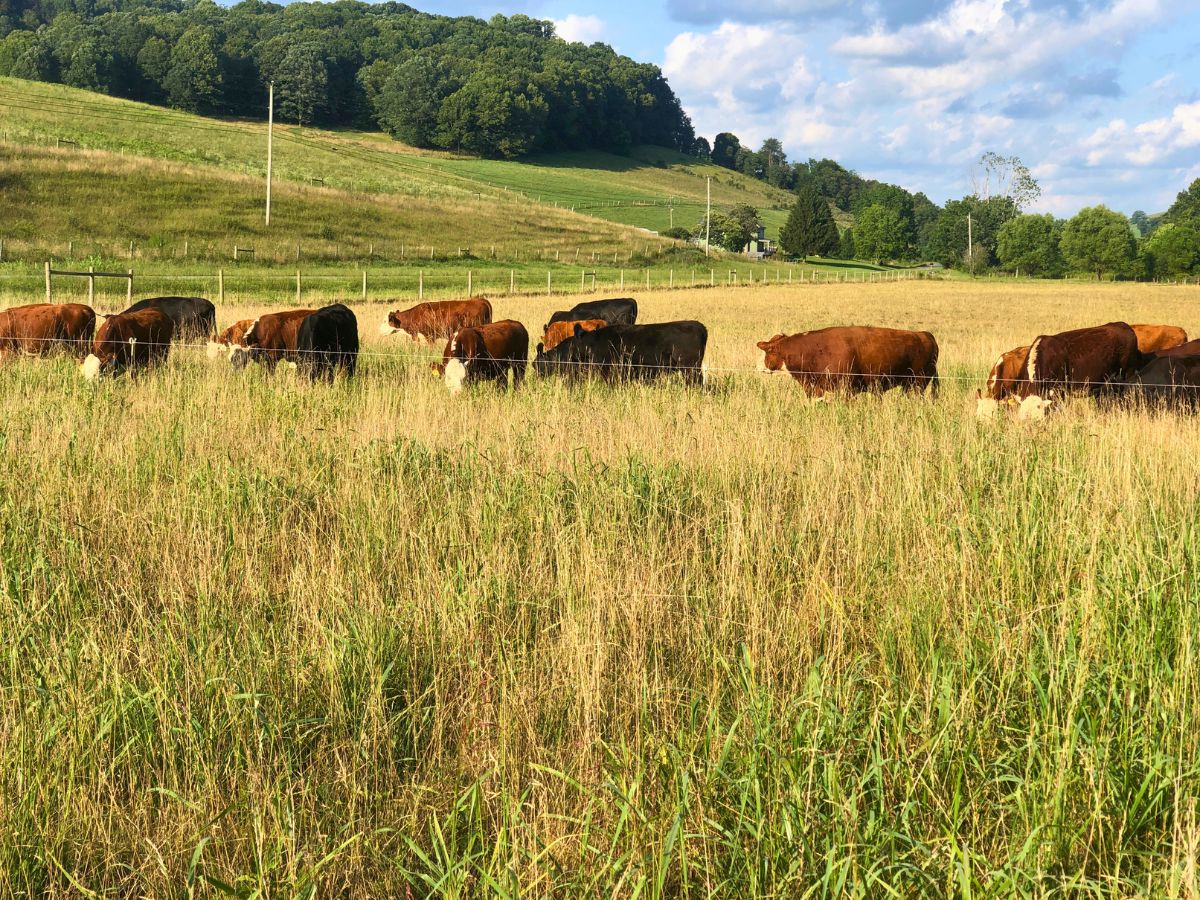
7) Laughter Is Good Medicine
Granny always had a way of putting things into perspective. “Rhonda, it’s better to laugh than cry,” she would say. This advice was a constant throughout my childhood, especially in times of difficulty. She knew that frustration could cloud our judgment and dull our senses.
Learning to laugh—at ourselves, our mistakes, and even with those who might laugh at us—is an invaluable lesson. It reminds us that a light-hearted approach can not only ease our burdens but also open our hearts to joy and resilience in the face of challenges.
8) Refresh and Refocus
It’s crucial to give yourself a break when you feel overwhelmed. Taking a 10-minute walk can work wonders to reset your mind, emotions, and even your gut—really!
I personally enjoy walking the nature trail here on the farm. Whether it’s around the block, down the road, or any safe place where you can breathe fresh air, ground yourself, and soak in nature’s beauty, use this time to reconnect with the reasons behind your lifestyle choice and aspirations. You can learn more about earthing and its benefits in our companion article.
Taking deep, focused breaths while walking helps your body to exhale the build-up of stress-related gases in your lungs. Shallow breathing is a common stress response, leading to a vicious cycle of increasing stress. Research shows that most Americans suffer many illnesses related to shallow breathing.
Deep breathing boosts blood flow to the brain, heart, and other vital organs, allowing them to relax and re-energize. Give it a try:
- Inhale Deeply: Take a deep breath in, expanding your chest cavity and filling up your tummy.
- Hold and Exhale: Hold for a count of 6, then exhale fully, pulling your tummy in tight.
- Hold Again: After exhaling, hold out for another count of 6.
- Repeat: Do this cycle 9 more times.
I promise you’ll feel a noticeable difference!
9) Just Get Out There and Do It!
I’m sure you’ve heard the old saying, “Experience is the best teacher.” It’s absolutely true. No matter how much we read and prepare, real learning happens through doing. While it’s important to educate ourselves and understand the task ahead, there’s no substitute for actually getting out there and tackling it—even if it means failing at first. You may enjoy reading our companion article Old Sayings and Their Meanings: Rediscovering Forgotten Wisdom.
Always allow yourself and your family a generous learning curve. Mistakes are not just inevitable; they are part of the learning process. Above all, remember to enjoy the journey! It’s your own unique, thrilling, funny, and inspiring adventure. Embrace it with all its ups and downs, and you’ll find the experience immensely rewarding.
10) We Can Help
Learning how to start homesteading can be as daunting as it is rewarding. Whether you’re just starting out or looking to refine your skills, having a comprehensive guide can make all the difference. That’s why we wrote “Living Off the Land: A Modern Guide to Homesteading for Beginners and Beyond.” This book compiles 14 chapters of practical advice based on years of experience, answering many questions from our readers and addressing concerns for those yet to ask.
Beyond the book, we offer a wealth of resources through our articles, newsletters, and video tutorials, each designed to provide further insights into the art and science of homesteading. These materials cover everything from starting your first garden and raising livestock to preserving your harvest and adopting sustainable living practices.
We encourage you to engage with us and our community. Feel free to email us with questions, comment on our posts, or discuss your experiences on our social media sites. Signing up for our newsletter is also a great way to stay updated on the latest tips, stories, and seasonal advice. You can find our more and sign up here.
Whether you need detailed how-tos, inspirational success stories, or a dose of daily motivation, we have the resources to support every step of your homesteading journey. Dive into our book, explore our articles, watch our videos, and join our growing community. Let us help you turn your homesteading dreams into reality and discover how fulfilling living off the land can be!
Wrap Up
I hope these insights—from embracing flexibility and learning through experience to the importance of hands-on practice and seeking advice—have given you direction, encouragement, and a sense of freedom in your homesteading journey.
Let’s continue to grow and support each other, applying the lessons we learn to cultivate a fulfilling and sustainable homesteading life. Together, we can navigate the challenges and celebrate the victories along this rewarding path.
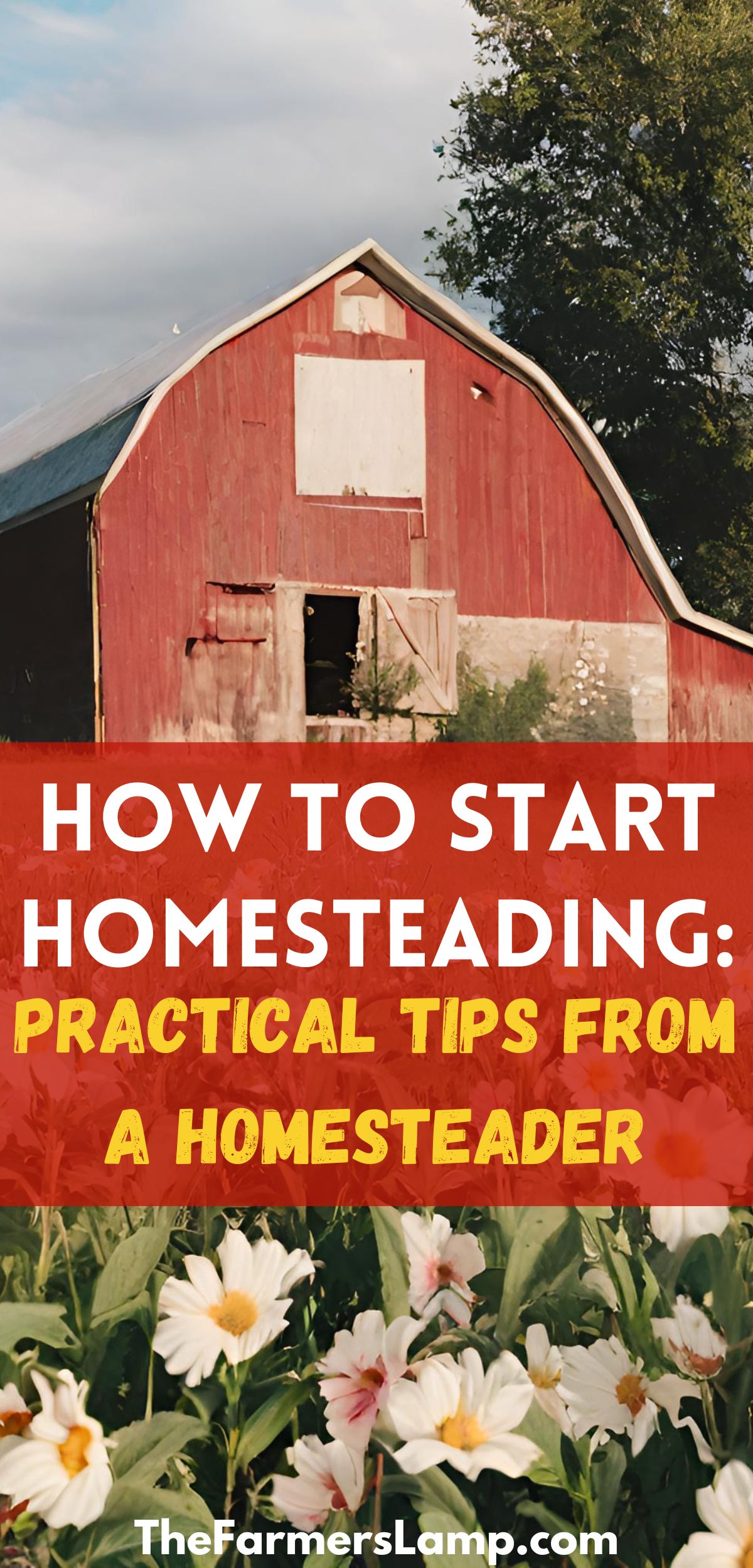

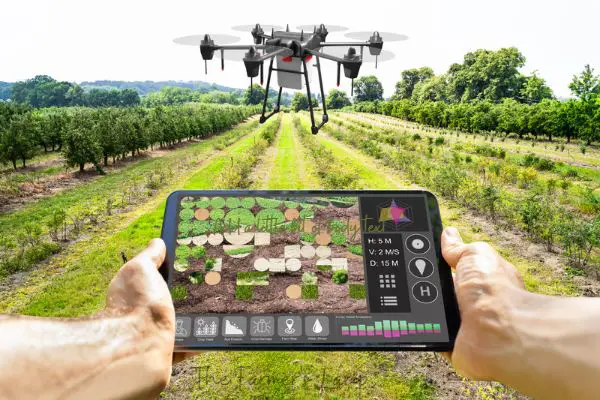
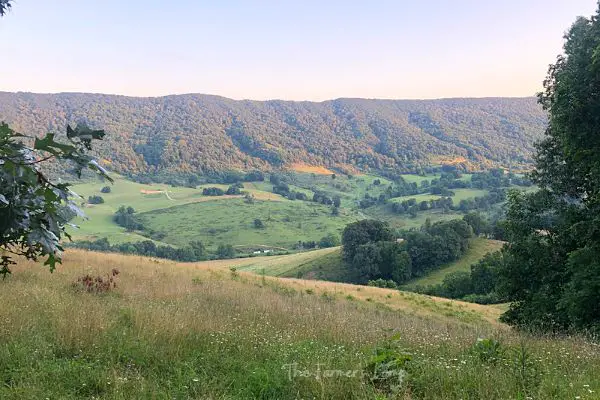
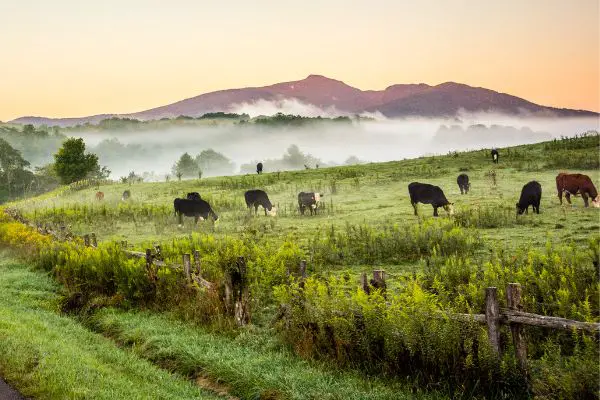
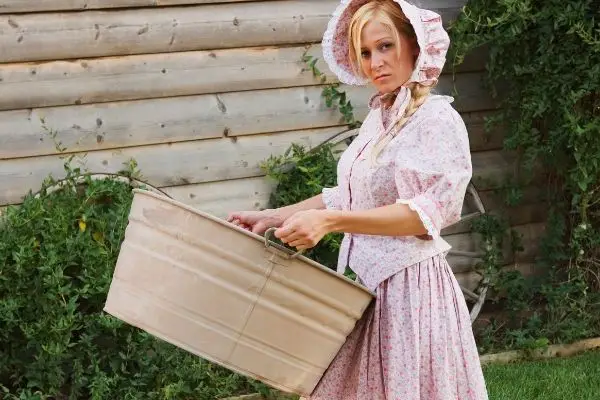
Great advice, and I really love that photo of the hen. I would have saved her for the lead photo of a chicken post, lol!
Thank you, Janet. Bless her heart, I’ve used her photo over and over again! I can’t wait until next spring to see what she does. 🙂